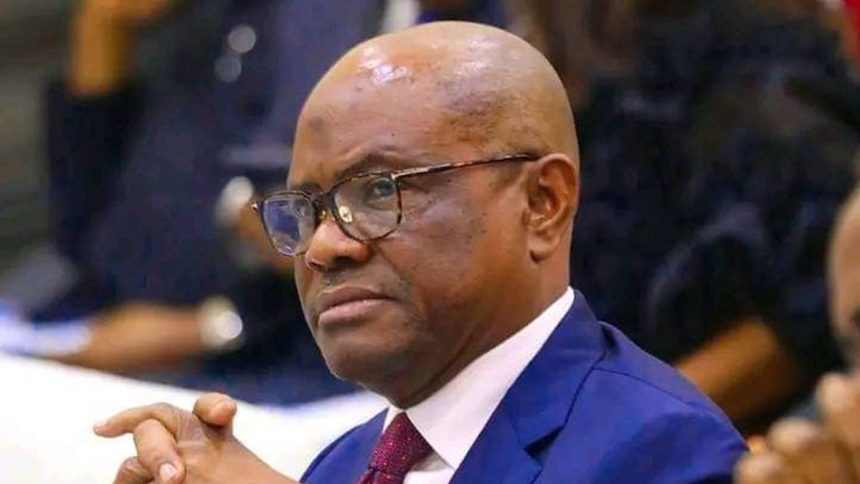The recent controversy surrounding alleged land encroachment on the University of Abuja’s property by the Federal Capital Territory (FCT) Minister, Nyesom Wike, has stirred both legal and public interest. In his well-argued piece, legal practitioner Olumide Babalola offers a comprehensive breakdown of the constitutional and statutory provisions that shield the university’s land from arbitrary takeover.
Babalola reminds readers that the University of Abuja, as a federally established institution, is guided by the University of Abuja Act 2004—a statute which vests control and management of university land solely in its Governing Council. This authority includes the acquisition, holding, and disposal of both movable and immovable property, subject to Section 22 of the Act, which places specific restrictions on land disposal. Notably, any such action requires the President’s written consent and cannot be unilaterally undertaken by any other authority, including the FCT Minister.
As Babalola highlights, Section 22 makes it explicitly clear that the university cannot dispose of or transfer any land without presidential approval—except for leases not exceeding 21 years or those granted to university staff for residential use. The implication here is significant: the land is protected under federal law and remains immune to external interference unless due legal process is followed.
Additionally, Babalola contextualizes this issue within the framework of the Land Use Act of 1978, which, though giving the President (or his delegate, the FCT Minister) control over land in the FCT, also outlines strict conditions under which rights of occupancy can be revoked. These include overriding public interest, which must be clearly demonstrated, and most importantly, must follow proper legal procedure involving formal notice and compensation. He points out that there is no public record of such procedures being initiated in this case.
The concern, as Babalola sees it, is that the reallocation of portions of the university’s land—allegedly to private developers—without proper revocation, compensation, or consultation, constitutes a breach of both the University’s enabling law and the Nigerian Constitution. He warns that such actions not only undermine institutional integrity but also risk future litigation, reputational damage, and policy instability.
The article further notes that the University of Abuja, as a legal entity, has the capacity to sue or be sued. Hence, Babalola urges the university to assert its rights in court if necessary, citing the legal maxim: equity aids the vigilant, not the indolent.
Importantly, Babalola emphasizes that no person—regardless of office—is above the law. The university’s land is not vacant land but a trust for the nation’s academic future. He argues that attempts to repurpose such land without compliance with laid-down laws not only defy constitutional provisions but also send a troubling signal about the sanctity of public institutions in Nigeria.
In his conclusion, Babalola calls for immediate intervention by President Bola Tinubu, the university’s Visitor, to launch an investigation into the matter. He also encourages stakeholders within the university to proactively seek legal redress to protect their statutory rights and secure the institution’s future.
Note: This article summarizes and references key arguments originally written by Olumide Babalola and does not purport to take ownership of the views expressed therein. It aims to provide a digestible overview of the legal implications raised in the original work.



